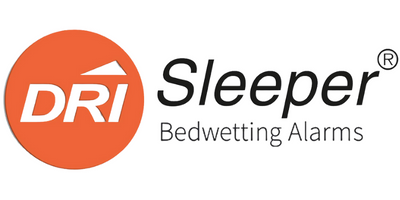Slightly skeptical given some reviews but it worked very quickly on my 6yr old boy. Initially we had to wake him as the alarm wasn’t loud enough (it’s v loud) but once he understood it, he started going to the loo and finally stopped weeing all night. Brilliant stuff. So much cheaper than others and worked brilliantly.
We had tried everything to support our daughter and within a month this has worked and she is dry every night! We have now stopped using the alarm but wouldn't hesitate to recommend it to anyone struggling!
Amazing, wish we had done it sooner. Dry within 3 weeks!
DRI Sleeper Excel - Bedwetting Alarm for Children
Alarm used consistently for 3 weeks
Amazing results
Was sceptical but just sorry now I didn’t try it sooner
Already recommended to others
Thank you
I bought this alarm to help my 9 year old granddaughter, who was getting very embarrassed by her bed wetting especially as she’s at the age for sleepovers .Within 2 weeks of using the alarm she was dry at night , and so happy and pleased with herself . It worked well for her .
Our 7 year old son had never had a dry night despite being potty trained normally at 2/3 as he was a deep sleeper and didn’t wake up to needing a wee. The doctor recommended trying a sleep alarm and we first started with another brand that clipped on his pants. It was ok but fiddly particularly in the night and didn’t always pick up the urine.
So after some research on ERIC I switched to eclipse as I wanted something without any clips or wires. I ended up going with the plus model so that I could also have the alarm in my room (wish I had had that from the beginning). The sensor is very easy to use as it doesn’t clip - we put him in two pairs of pants and put the sensor in some tissue in between.
I saw some improvements quite quickly - less urine, less frequent but still many wet nights. It has taken perseverance and it has probably taken about 6 weeks in total to be consistently dry every night - but we are all so pleased with the result.
Our son (9yo) was wetting the bed every night and sleeping through. After the alarm went off on the first night, his bed wetting improved dramatically from then on. Most nights it doesn't go off and if it does, it will only be a small wet patch rather than massive bed wetting. We found that the two pants method with the sensor wrapped in a sheet of toilet paper placed between the pants worked very well. Would highly recommend the product.



